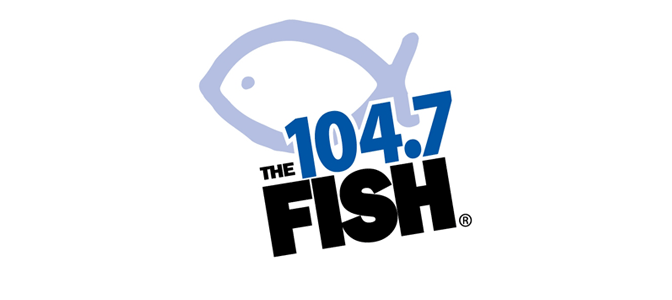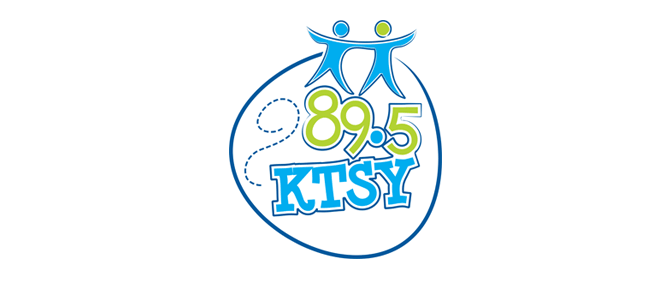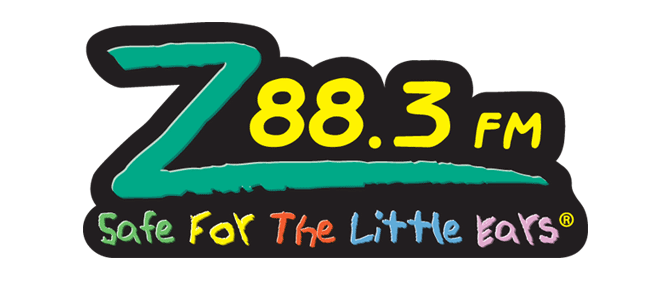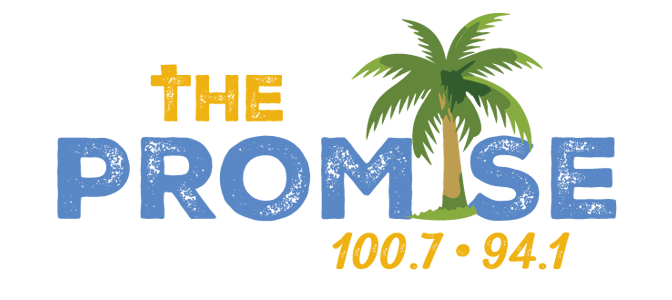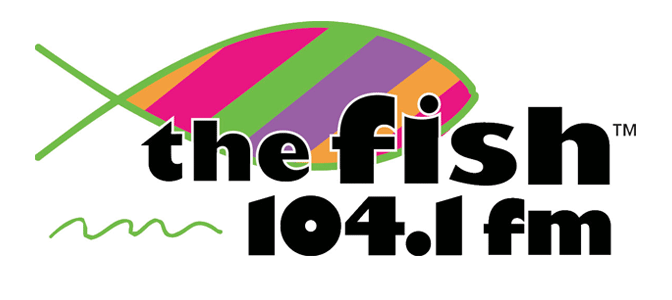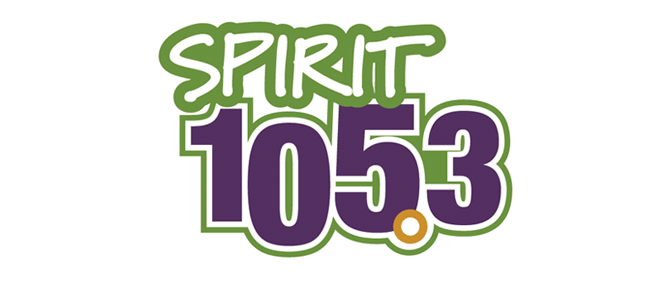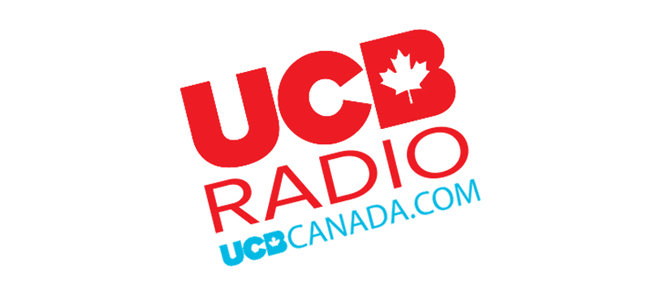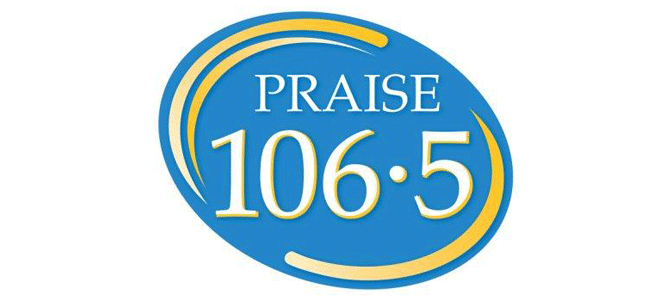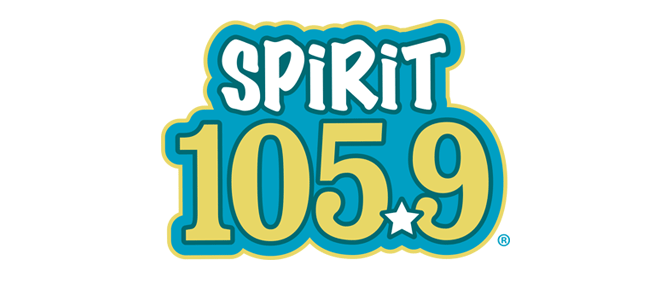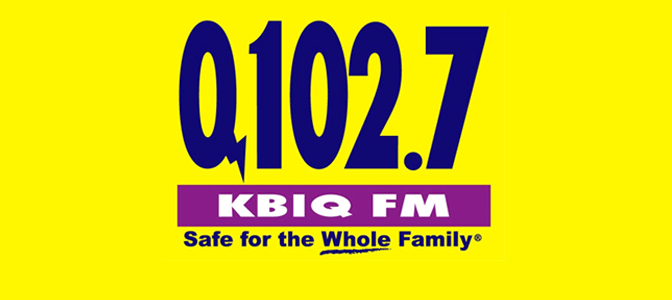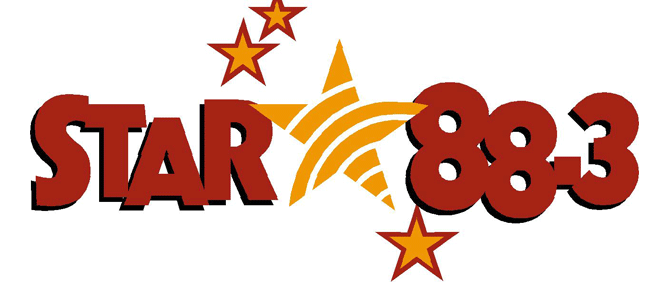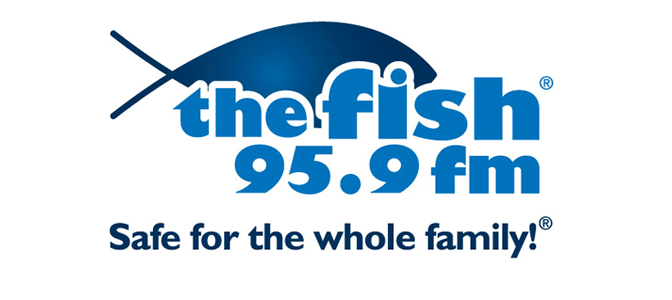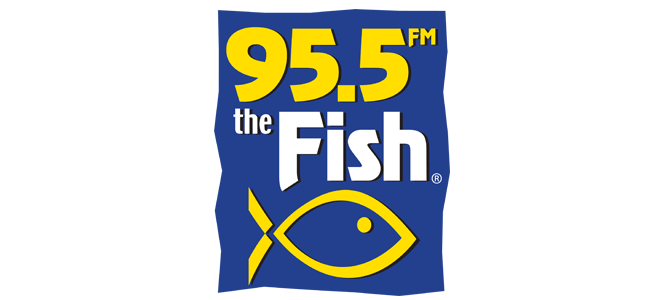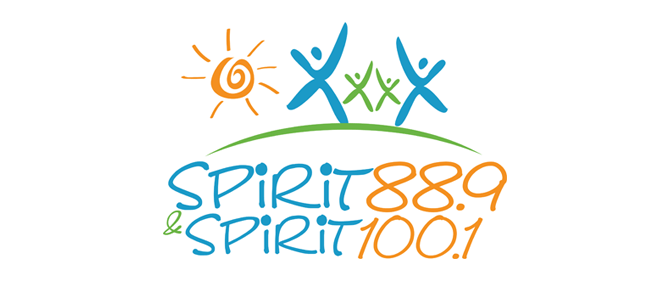There’s a famous story that David Letterman tells about Johnny Carson. One night on The Tonight Show, fairly early in his career, the young Letterman was a guest. And he and Carson got on one of those rolls where everything each of them said was funnier than the last thing. The audience was in stitches laughing at each line, and finally Carson broke into the “patter” he had used as a magician when he was young – the absurdity of which resulted in uproarious laughter that led perfectly into a commercial break.
During the break, with the set darkened, Carson, who was a mentor to Dave, leaned over and said, “You’ll use everything you’ve ever known.”
Truly great air talents know this, and it’s a really interesting parameter to work on as a coach. But the key is IF you can figure out exactly what the “fuse” is to light that “nugget” up.
Often, I see air talents with a good concept, but no idea of how it might work. Using something just because you have that bullet in the chamber doesn’t mean that you can just fire it indiscriminately.
Think “What would facilitate this?” Because it has to make sense in the flow of the conversation, or it’ll sound awkward.

